Guides
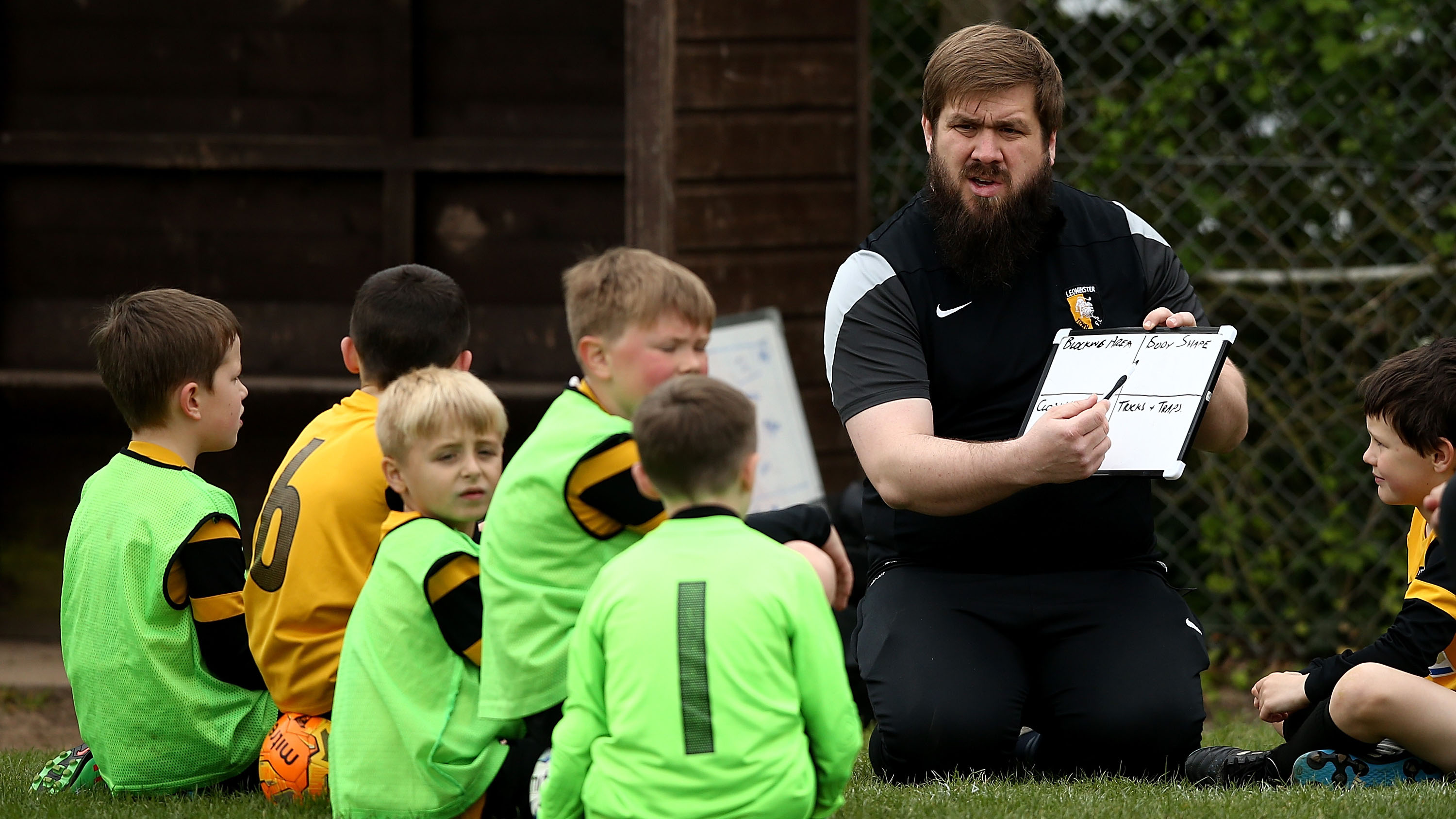
Why is technical/tactical development important?
- The Boot Room
- 01 October 2018
Your players are heavily influenced by the ‘development journey’ they experience – and, good or bad, it’ll show when they play.
If you've grown up playing football, chances are that someone told you to 'find the easy pass', 'get rid of the ball' or 'play the way you face'.
Whilst this advice might provide short-term relief from pressure, it also reduces time spent on the ball. As a result, players have less opportunity to work on their technical and tactical abilities.
To help avoid this, the England DNA asks coaches to see the Foundation Phase as a period of investment. During this time, possession is an 'individual event' first and each child needs lots of time on the ball. This will help them to develop the skills required at a senior level, e.g. creativity, decision-making and confidence in possession.
Remember: if we want to produce players who have a positive impact on England's future, improving technical ability is a must. To find out how this applies to children in the Foundation Phase, scroll down now.
Step one: players aged 5-8As a Foundation Phase coach, your sessions are likely to be a player’s first experience of football. This isn’t the time to impose the ‘adult’ game on your team. Instead, focus on helping them to build a secure and confident connection with the ball – one that allows experimentation, creativity and exploration.
At this age, we want every child to:
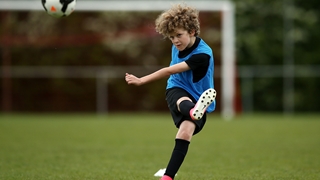
1.
Build a 'future-proofed' technical ability that rarely breaks down.
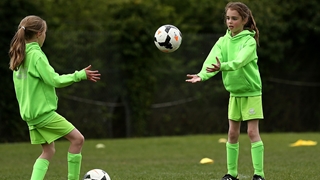
2.
Explore different ways to master the ball.
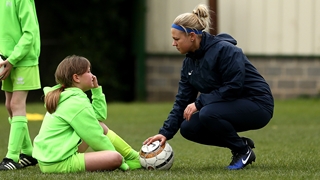
3.
Consolidate and extend this mastery throughout their football journey.
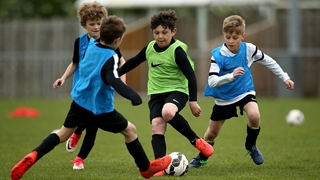
4.
Become creative and exciting players.
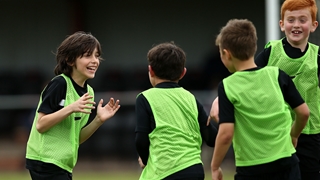
5.
Work on techniques that will allow them to be a great team player.
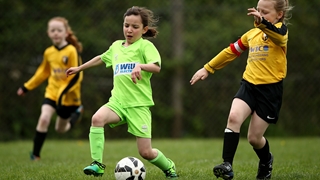
6.
Feel confident in possession.
It's important to remember that, as your team gets older, these '5-8' aims don't just disappear; you should continue to work towards them throughout the Foundation Phase.
Step two: players aged 9-12
At this age, your players will develop a greater sense of how their team works together; however, it’s important that individual ‘mastery’ of the ball remains a priority. So, building on the aims for those aged 5-8, we want every child to:
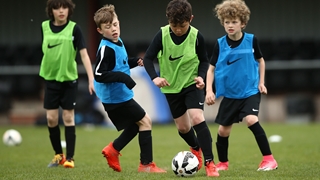
7.
Make better tactical decisions as a result of improving mastery of the ball.
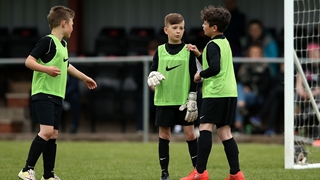
8.
Have the technical ability to play in different positions.
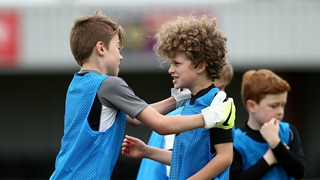
9.
Understand how their ability fits into the team.
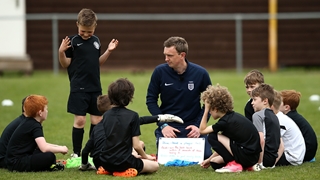
10.
Recognise how improving their skill can benefit the team.
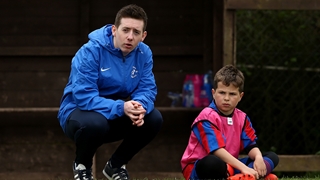
11.
Develop a growing understanding of the game – both on and off the ball.
Next steps
Want to know how to support your players' technical and tactical development? Click here.

























